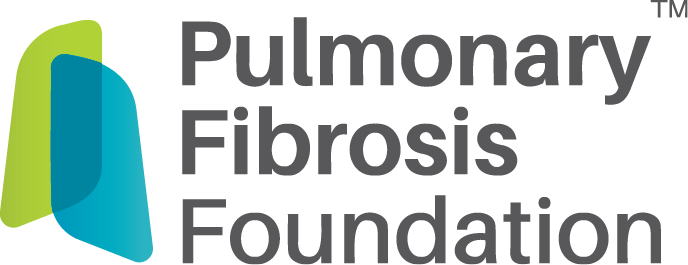2017
The I.M. Rosenzweig Junior Investigator Award Winners
The I.M. Rosenzweig Junior Investigator Award was established to encourage researchers to maintain and enhance their interest in PF research during the early stages of their academic career.
-
Samuel Yoffe Ash, MD
Brigham and Women’s Hospital
Proposal Title: "Quantitative Imaging Biomarkers in Early Interstitial Lung Disease: Progression and Susceptibility"
Dr. Ash is a clinical/research fellow in Harvard-Brigham and Women’s Pulmonary and Critical Care Fellowship Program. His research centers on quantitative analysis of CT imaging in acute lung injury as well as ongoing longitudinal analysis of CT imaging in lung transplant. -
Robert Guzy, MD, PhD
The University of Chicago
Proposal Title: "Mechanism of Gremlin-1 in Pulmonary Fibrosis"
Dr. Guzy is an assistant professor in the University of Chicago Department of Medicine, Division of Pulmonary/Critical Care. His research focuses on the mechanisms involved in recovery from lung injury, and how aberrant recovery from injury leads to fibroblast (connective cell tissue that plays a critical role in wound healing) activation and the development of pulmonary fibrosis.
The Albert Rose Established Investigator Award Winners
Created to allow established investigators to explore novel, innovative areas of research, the Albert Rose Established Investigator Award provides critical support to the development of new projects, and enables the investigator to pursue additional funding through the National Institutes of Health or other agencies. Two $50,000 grants are awarded per annual cycle, disbursed over a two-year period.
-
Steve M. Albelda, MD
The Trustees of the University of Pennsylvania
Proposal Title: "Use of T cells Directed to Fibroblast Activation Protein to Treat Pulmonary Fibrosis"
This proposal is funded by Boehringer Ingelheim Pharmaceuticals, Inc.
Dr. Albelda is the William Maul Measey Professor of Medicine, Associate Director of the Pulmonary Division, Director of the Thoracic Oncology Research Laboratory, and co-director of the Translational Center of Excellence for Lung Cancer at Penn.
Despite the recent approval of perfenidone and nintedanib to slow the progression of idiopathic pulmonary fibrosis (IPF), there is no way to reverse the established scarring (fibrosis). A key factor in IPF is production of excess scar tissue by a cell type known as fibroblasts, which normally function in wound healing. Dr. Albelda’s team proposes to use a new technology that they developed for the treatment of cancer that can genetically redirect blood cells (lymphocytes) to attack “scar-producing” activated fibroblasts in the fibrotic lung. The research team will test this approach in three mouse models of lung fibrosis. If successful and safe, this study will pave the way toward clinical trials that could change the treatment paradigm for IPF and potentially reverse lung scarring and improve lung function. -
Cecilia Gonzalez Sanchez, PhD
Tulane University Health Sciences Center
Proposal Title: "Chaperone-Mediated Autophagy, a Regulator of (Myo)fibroblast Activation and Pulmonary Fibrosis"
Dr. Sanchez is an assistant professor at the Tulane School of Medicine, Division of Pulmonary Diseases. Her laboratory focuses on understanding the mechanisms of signal transduction (cell signaling), autophagy (the degradation and recycling of cellular components), and epigenetic regulation in fibrogenesis (the development of fibers). Her goal is to develop new therapeutic paradigms for chronic fibrotic disorders, including idiopathic pulmonary fibrosis (IPF).
Dr. Sanchez has relinquished her award as she is moving into industry. The PFF is currently evaluating other projects for funding.
